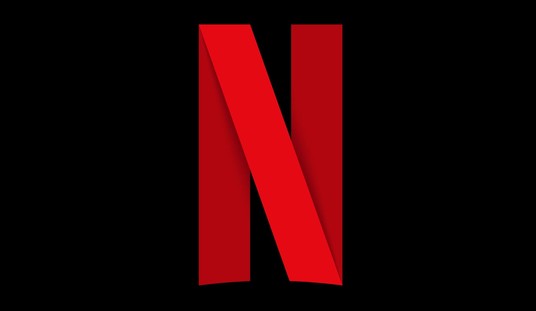For far too long Iran’s oil -and the hefty income from it- was appearing mostly on the table of the rich Iranians, considerable number of whom have strong connections with the government. Cries of “Nafte ma, haghe ma” (“our oil, our right,”) were very much present in the living rooms of the poor. However, they had no impact. Rich and corrupt politicians, like Ayatollah Rafsanjani, had no interest in sharing the oil wealth: They were too busy lining their own pockets and that of their cronies.
This has been infuriating Iran’s poor. Ahmadinejad noticed this and tried to make political capital from it. Consequently, prior to his election, he came up with the slogan “Oil money must be seen on the table of the people”, and used it extensively in his election appearances.
His man-of-the-people image, and his relatively good performance as the head of Ardebil province, and later on as the Mayor of Tehran, made some people believe that he believed what he said. His animosity against Rafsanjani was another factor which worked in his favor. The poor people thought that his hatred of Rafsanjani, whom he views as corrupt, could mean that Ahmadinejad would actually deliver on his promises: by doing so he would be taking Iran’s oil wealth from Rafsanjani’s clutches.
In order to show that he was fulfilling his promise, after his election Ahmadinejad went on a spending spree. He increased Iran’s budget by 27% in his first year as president, and then by 25% the year after. He visited 336 towns, cities and villages in Iran over two years, and gave away promises of dams, stadium, schools and hospitals. Some were delivered, others were not.
His big mistake was the fact that such an increase in spending came at a time of high inflation. By spending more, he actually pushed up inflation, thus making the purchase of everyday goods more costly and unaffordable for poor Iranians. Furthermore, he spent the money where only he and his team thought best. As a result, crucial parts of Iran’s infrastructure, such as it refining infrastructure, were left out. This means that despite being a major oil producer, Iran has to import more than 40% of its gasoline from abroad.
The recent rationing of petrol in Iran could deal a mortal blow to Ahmadinejad’s chances of re-election in 2009. Iranians were already having a hard time dealing with high inflation and unemployment. Now they have to pay more for gas, which means that Ahmadinejad will be actually taking oil money away from them.
To make matters worse, everyday tasks such as getting to work will be more difficult. As mentioned in a recent TV interview by Mohammad Bagher Ghalibaf, Tehran’s Mayor, Tehran’s bus fleet of 6000 is still 4000 short of the numbers needed to serve the people of Tehran efficiently. With no immediate plans to remedy this problem, how will millions of people who have to leave their cars at home due to the petrol rationing get to work? Furthermore, with the rationing plan pushing up the price of gasoline, who will pay for the extra cost of transporting essential goods such as food around Iran? The answer is the Iranian public.
Unfortunately for Ahmadinejad, and for Iran’s nuclear program, those who are likely to gain from the ensuing petrol fiasco are foreign governments who want to impose broader economic sanctions on Iran in order to stop its nuclear program.
By rationing petrol, Ahmadinejad has just imposed his own sanctions on the people of Iran, which are bigger and more devastating than anything the West could have achieved in the immediate future. The ensuing massive loss of popularity means that the people of Iran will now be less inclined to follow Ahmadinejad’s calls for hardship and sacrifice against further sanctions. Sensing this, Ayatollah Khamenei, the man in charge of Iran’s nuclear program, may possibly be forced into a compromise in the nuclear talks, as means of ensuring internal stability inside Iran, his number one priority.
Meir Javedanfar is the co-author of the upcoming book %%AMAZON=0786718870 “The Nuclear Sphinx of Tehran – Mahmoud Ahmadinejad and the State of Iran.%%” He runs Middle East Economic and Political Analysis (Meepas)









Join the conversation as a VIP Member